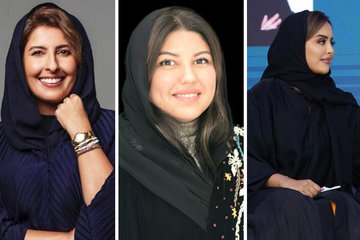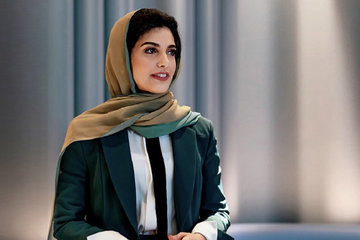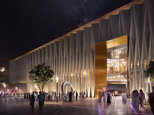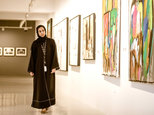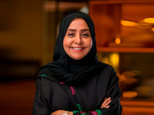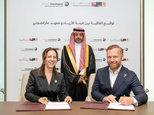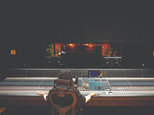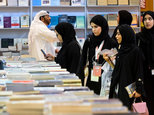
Saudi Arabia achieved a major milestone with Axiom Mission 2 as two Saudi astronauts reached the International Space Station (ISS), aligning the Kingdom with experienced space-faring nations. Mishaal Ashemimry, a special adviser to the Saudi Space Agency, highlighted the mission's impact on inspiring future generations and helping mankind.

Saudi astronauts Barnawi and Al-Qarni carried out 14 experiments on the ISS, taking advantage of the microgravity environment. This aids Saudi Arabia's broader human spaceflight program, which emphasizes enduring short and long space missions. The program aims to achieve scientific breakthroughs and significant findings. Long stays last about 180 days, while short stays range from a few days to 10 days.
Space missions offer immense research opportunities, not only for space-related fields but also for various other sectors. The Saudi missions take advantage of the microgravity environment, which offers different circumstances from Earth and facilitates useful experimentation.
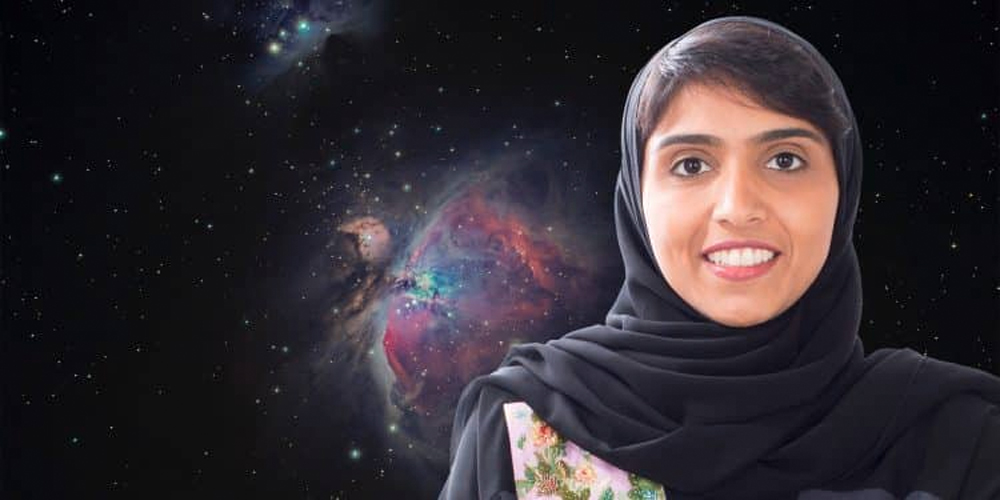
Ashemimry highlighted the ability to generate data that aids in the development of medicines, enhances understanding of diseases, and provides a unique perspective on cell science. In the weightless environment of space, observations of cells and protein crystalline structures are enhanced, leading to new insights.
Furthermore, studying the effects of radiation on the human body in space is crucial for future missions, particularly those targeting Mars. By understanding these effects and developing appropriate countermeasures, longer-duration space travel becomes more feasible.

Ashemimry stressed the significance of inspiring children through live events and STEM outreach. Developing experiments for kids of all ages to enhance critical thinking was a priority. By comparing ground-based and ISS experiments, the effects of microgravity and weightlessness were better comprehended.
Research on heat transfer and radiation in space is also vital. Electronics emit heat that must be efficiently dissipated to prevent overheating. Cooling methods in space are more complex than on Earth, where natural convection suffices. Understanding these principles advances thermal management techniques.
Space research benefits humanity, and Saudi Arabia's space program aims to contribute globally. Space technologies often have practical applications on Earth, such as repurposing high-precision robotic instruments for surgery. The intricate engineering in spacecraft construction drives broader technological advancements.




